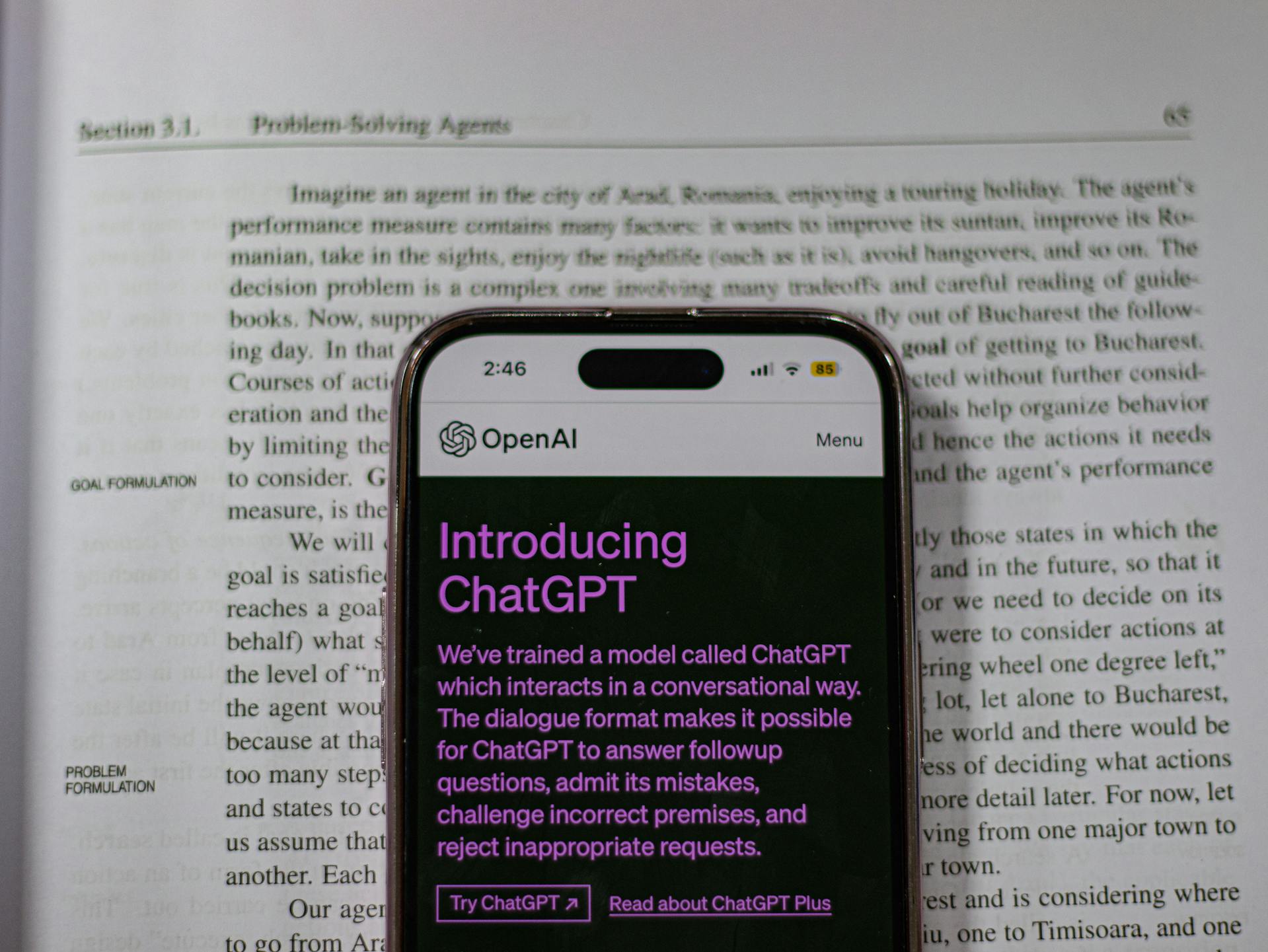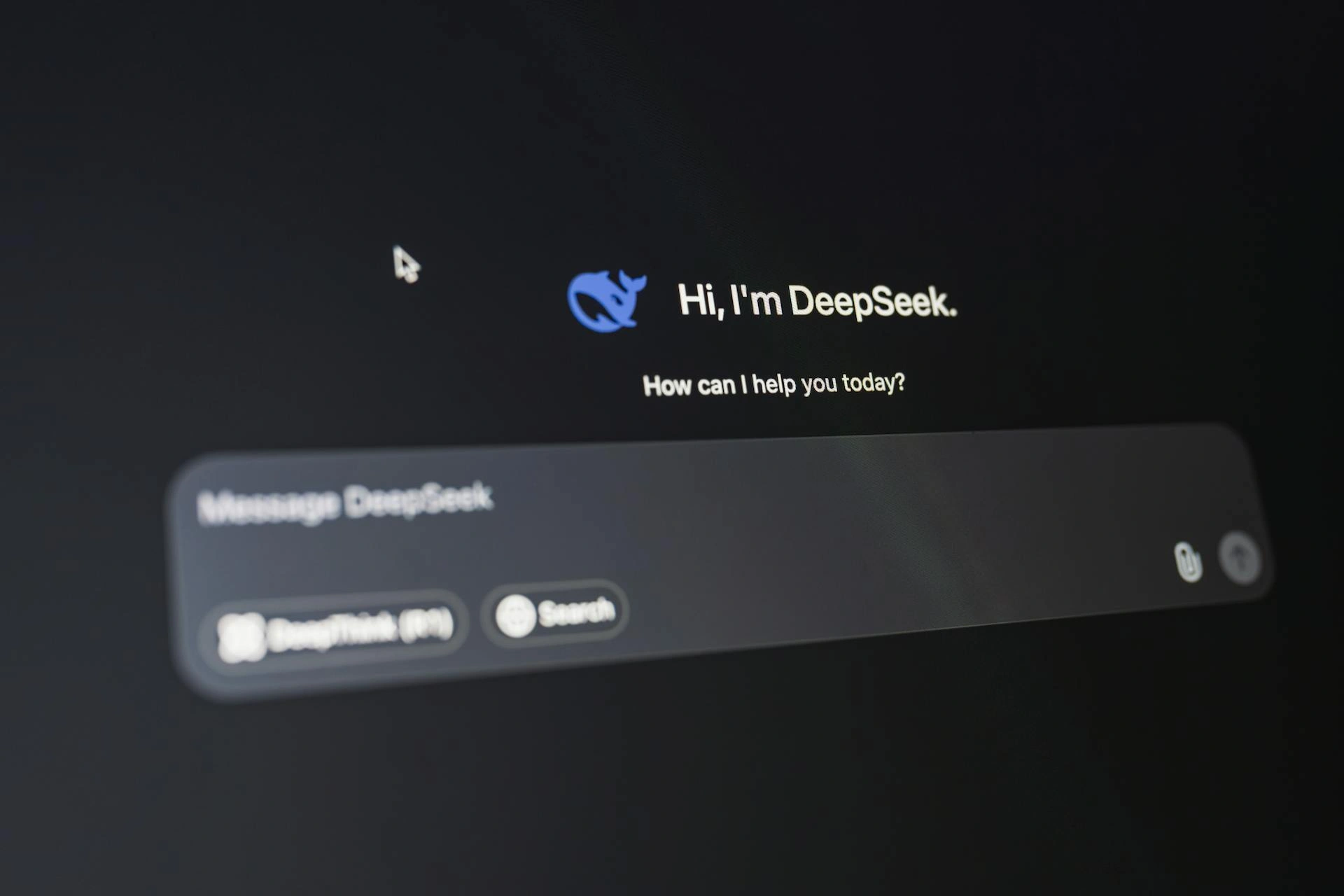Is it cheating to use AI to write a book? Not if you’re doing it right

RR Haywood
- Published
- Opinion & Analysis

Writers have always borrowed from the tools of their time. Now, as AI enters the mix, our Literature and Current Affairs correspondent RR Haywood argues it’s not the machine that matters but who’s in control
The rise of AI in creative fields has sparked some meaningful debates. And one question that keeps cropping up in writing circles is this: Is it cheating to use AI to help write a book, even if all the ideas are your own?
My view, shared by many working writers like me, is that it is not cheating if it is used as a support tool.
Every writer I know uses AI in some capacity. That might sound like a sweeping statement, but it’s true. From bestselling authors to emerging voices, writers have always used the tools of their time. Quills became typewriters. Typewriters became laptops. Now those laptops come with clever software that can suggest a better verb or spot a plot hole you missed.
The difference now is that AI can go beyond spelling and grammar checks. It can help structure thoughts, provide editorial feedback, suggest phrasing alternatives, and offer sensitivity reads when you’re writing something that might strike a nerve.
But here’s the key distinction. We do not let AI write for us. And there’s a very good reason for that. It’s bloody awful.
AI, in its current form, simply cannot capture the nuance, rhythm, or raw humanity that lives inside good storytelling. It can mimic structure, echo tropes, and rearrange clichés into vaguely passable paragraphs. But it can’t reach into the places that matter. It doesn’t know loss, or joy, or guilt, or desire. It’s not wrestling with memory or identity or the tangled mess of being human.
For context, I wrote DELIO Phase One and Phase Two, which some have described as among the very best works of fiction, on AI. These books are a reflection of my fascination with artificial intelligence. So naturally, I’ve experimented a lot with AI tools, mainly ChatGPT. I’ve repeatedly asked it to write in my voice, and it fails every single time. It simply can’t do it. It tries to mimic me, but you can almost chart the point where it loses the thread. The language model predicts what it “thinks” the next word should be, based on patterns and probabilities. That process alone creates a subtle but constant drift. One paragraph in, and the voice is already veering off.
As an experiment, I just now asked it to start me off on the next chapter in the book I’m writing now. It’s the follow-up to my noir thriller, GASLIT, and follows a disgraced former detective called Mike Humber. It’s written in first-person present tense. Here’s what the AI came up with:
“I forgot how brutal night shifts are. It’s been what—nine years? Ten? You go full zombie after a while. Like those ones in The Undead. Not the fast ones. The ones with the yellow eyes who sit in the dark and just breathe.
I get up around midday, maybe later. Not sure. The little clock-radio says something but I don’t trust it. The air in here smells like a stranger’s house. Warm, faintly sour. Like someone else’s duvet.”
The use of the long em dash (—) is the first giveaway. But it also knows I write The Undead, so it’s thrown in a weird reference to that series, then veered off another degree by describing two types of zombies that don’t actually exist in my books.
In the next paragraph, it tries to capture my direct, often humour-driven tone with a bit about the character not trusting the clock-radio. Then it talks about the air smelling like a stranger’s house, followed by a duvet reference that feels like the AI is just throwing sensory words at the wall. I don’t even know what someone else’s duvet smells like. See what I mean? It kind of matches a noir tone, but it’s not good. It’s imitation, not creation.
Because of that, I’d argue it’s actually very easy to spot content written by AI. Unfortunately, that’s exactly what’s behind the vast majority of social media posts now, especially anything commenting on trending topics or popular media.
Using AI to help shape your story is not cheating. It’s smart. It’s no different from using a notebook, a whiteboard, or a friend who listens while you talk through a plot point. Technology is supposed to help us. That’s the point.
AI, for now at least, isn’t the end of writing. The craft still belongs to the writer. The soul of the story still has to come from a human.

RR Haywood is one of the world’s bestselling fiction authors, known globally for his zombie and science-fiction series of books. His work, much of which was self-published, has sold millions of copies around the world, making him one of Britain’s most successful ever self-published novelists in these genres. Delio Phase One and Delio Phase Two, his latest bestselling novels that explore these ideas, are available now on Amazon.
Main photo: Shantanu Kumar/Pexels
RECENT ARTICLES
-
 Why Europe’s finance apps must start borrowing from each other’s playbooks
Why Europe’s finance apps must start borrowing from each other’s playbooks -
 Why universities must set clear rules for AI use before trust in academia erodes
Why universities must set clear rules for AI use before trust in academia erodes -
 The lucky leader: six lessons on why fortune favours some and fails others
The lucky leader: six lessons on why fortune favours some and fails others -
 Reckon AI has cracked thinking? Think again
Reckon AI has cracked thinking? Think again -
 The new 10 year National Cancer Plan: fewer measures, more heart?
The new 10 year National Cancer Plan: fewer measures, more heart? -
 The Reese Witherspoon effect: how celebrity book clubs are rewriting the rules of publishing
The Reese Witherspoon effect: how celebrity book clubs are rewriting the rules of publishing -
 The legality of tax planning in an age of moral outrage
The legality of tax planning in an age of moral outrage -
 The limits of good intentions in public policy
The limits of good intentions in public policy -
 Are favouritism and fear holding back Germany’s rearmament?
Are favouritism and fear holding back Germany’s rearmament? -
 What bestseller lists really tell us — and why they shouldn’t be the only measure of a book’s worth
What bestseller lists really tell us — and why they shouldn’t be the only measure of a book’s worth -
 Why mere survival is no longer enough for children with brain tumours
Why mere survival is no longer enough for children with brain tumours -
 What Germany’s Energiewende teaches Europe about power, risk and reality
What Germany’s Energiewende teaches Europe about power, risk and reality -
 What the Monroe Doctrine actually said — and why Trump is invoking it now
What the Monroe Doctrine actually said — and why Trump is invoking it now -
 Love with responsibility: rethinking supply chains this Valentine’s Day
Love with responsibility: rethinking supply chains this Valentine’s Day -
 Why the India–EU trade deal matters far beyond diplomacy
Why the India–EU trade deal matters far beyond diplomacy -
 Why the countryside is far safer than we think - and why apex predators belong in it
Why the countryside is far safer than we think - and why apex predators belong in it -
 What if he falls?
What if he falls? -
 Trump reminds Davos that talk still runs the world
Trump reminds Davos that talk still runs the world -
 Will Trump’s Davos speech still destroy NATO?
Will Trump’s Davos speech still destroy NATO? -
 Philosophers cautioned against formalising human intuition. AI is trying to do exactly that
Philosophers cautioned against formalising human intuition. AI is trying to do exactly that -
 Life’s lottery and the economics of poverty
Life’s lottery and the economics of poverty -
 On a wing and a prayer: the reality of medical repatriation
On a wing and a prayer: the reality of medical repatriation -
 Ai&E: the chatbot ‘GP’ has arrived — and it operates outside the law
Ai&E: the chatbot ‘GP’ has arrived — and it operates outside the law -
 Keir Starmer, Wes Streeting and the Government’s silence: disabled people are still waiting
Keir Starmer, Wes Streeting and the Government’s silence: disabled people are still waiting -
 The fight for Greenland begins…again
The fight for Greenland begins…again


























